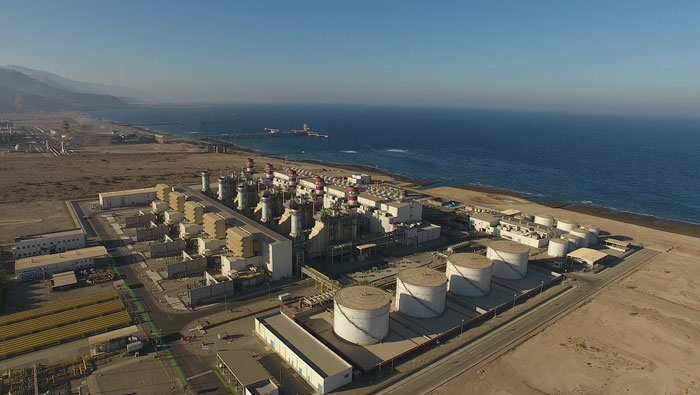
Muscat: The Ministry of Commerce and Industry has announced the three main fields that the industrial strategy of 2040 — aimed at enhancing the competitiveness and growth of the industrial sector and raising the level of technology in manufacturing — will focus on.
Sami bin Salem Al Sahib, Director General of the Directorate General of Industry in the Ministry, said, "The industrial strategy will focus on three main areas: the sectors that rely on local resources; the capital-intensive sectors, such as the manufacture of electrical equipment, machinery, cables, electrical connectors, furniture, etc; and the sectors that rely on knowledge, research and development."
"The different sectors were chosen on the basis of several variables, such as exports, added value, import substitution, employment, labour efficiency, the relative advantage of the Sultanate and the attractiveness index of Omani exports," said Al Sahib, adding, "All the industrial sectors were examined globally. Based on these variables, 30 sub-sectors with the highest detailed results were selected from 119 sub-sectors that were initially shortlisted. The choices included sub-sectors adapted to the Fourth Industrial Revolution and the Oman Vision 2040."
The first is the sector that depends on local resources such as the refineries and petrochemicals sector (oil and gas sector), brick and cement industries, marble, gypsum, building products and other minerals (mining sector), bakery, biscuits, milk and meat industries. The strategy aims at expanding and maximising the value addition of these sectors to reach the targeted results in the next five years of the plan.
The second sector focuses on capital-intensive sectors such as the manufacture of electrical equipment, machinery, cables, electrical connectors, furniture, pumps, valves, capacitors, repairs and shipbuilding, and the construction of trailers and semi trailers. The strategy aims at expanding and diversifying these industries to reach the targeted results in the next 10 years of the plan.
The third sector will be for knowledge-based and research and development sectors such as pharmaceuticals, medical equipment, perfumes, cosmetics, solar panels, recycling and health food industries. These industries are nonexistent or are very few in number and do not meet the requirements of the local market, as well as exports. This strategy will support and encourage these industries in the next 20 years to reach the targeted results.
The Director General of Industry indicated that public and private sector officials were involved in the preparation of the preliminary draft of the industrial strategy. The preliminary results of the strategy will be reviewed at a workshop organised by the ministry in the following week.
Al Sahib said, "The industrial strategy will keep abreast of the Fourth Industrial Revolution by relying on modern technologies and upgrading technology in manufacturing. There are some Omani factories that currently use modern technology in production and manufacturing."
The Minister of Commerce and Industry had stated earlier that the fourth industrial revolution was heading towards a new stage in the economy based on modern technology, artificial intelligence, automation, virtual reality, and the internet. He pointed out that "there is no weapon that can be acquired in the next stage except life skills and scientific knowledge".
The minister further urged youngsters to acquire 10 basic skills to cope with the changes in the time to come and the Fourth Industrial Revolution: complex problem-solving skills, coordination with others, personnel management, thinking skills, negotiation, service orientation, governance and decision making, creativity, emotional intelligence and cognitive flexibility."
Al Sahib explained, "During the last period, several meetings were held with the relevant bodies in the industrial sector in the Sultanate to discuss the various stages of the industrial strategy, the areas it will focus on, and the challenges and difficulties facing the industrial sector."
The industrial strategy will be implemented in two phases. The first phase will include the revision of the industrial strategy of 2040, which began in 2018. It includes the description and diagnosis of the industrial sector, the assessment of opportunities and challenges that face the sector, and the updating of priorities with regard to the opportunities and challenges, in consultation with partners and investors. The second phase will begin in 2019 and will be implemented along with the method of change and development.